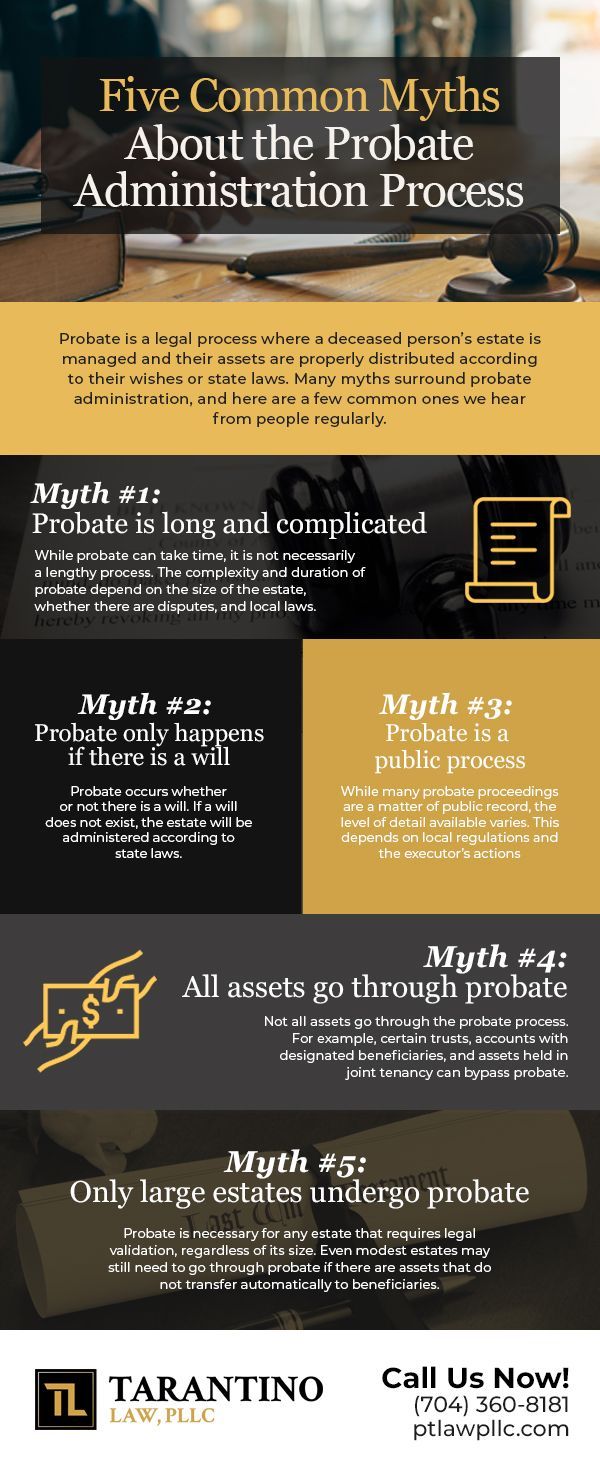3 Common Mistakes in Estate Planning
Here at Tarantino Law, PLLC, we have extensive experience in estate law , and we have helped countless people with the estate planning process. As part of that experience, we have seen a few common mistakes crop up again and again, and we want to help you avoid making them yourself. In this article, we’ll go over three common estate planning mistakes that we have seen and provide tips for how to avoid these stumbling blocks.

- Unsuitable Beneficiaries- One mistake we see often in estate planning is naming an inappropriate beneficiary in one’s will. Examples include naming a minor as a direct beneficiary, rather than setting up a trust for them, or choosing beneficiaries who have histories of financial mismanagement. In addition, if you want to leave assets to a loved one with special needs, you shouldn’t give them property directly, as this can disqualify them from other government benefits.
- No Contingent Beneficiaries- Another estate planning mistake that many people make is not naming any contingent beneficiaries. A contingent beneficiary receives the property in the event that the primary beneficiary declines it or has already passed away–to put it another way, you should include your second and third choices in your will just in case your first choice of beneficiary doesn’t want what you leave them or passes away before they can receive the benefits.
- Only One Child Beneficiary- A third mistake we often see in estate planning is parents naming only one of their children as the beneficiary of life insurance or other financial accounts. Even if you completely trust your child to share equally with their siblings, this attempt to simplify matters can actually make them more complicated from a legal standpoint, and we recommend that you talk to a lawyer about your other options.
The post 3 Common Mistakes in Estate Planning first appeared on Tarantino Law, PLLC.










